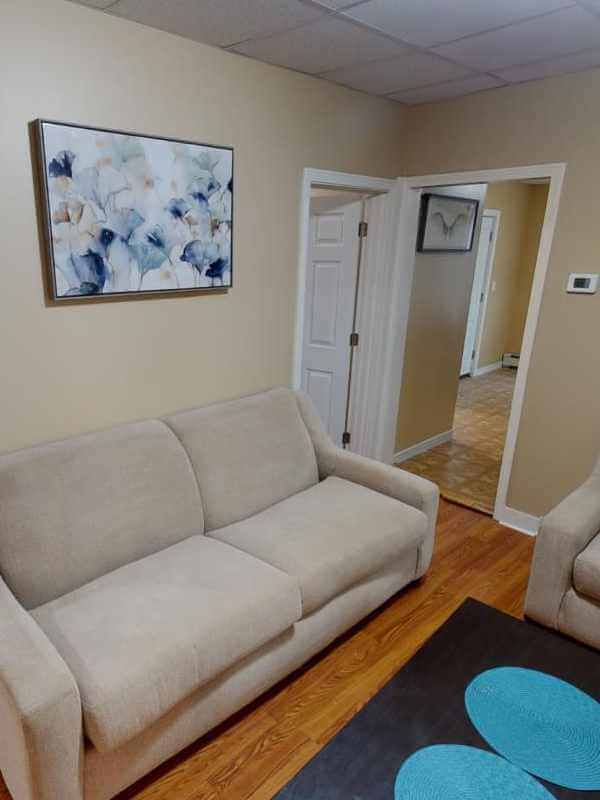Talk to your therapist, other healthcare provider, or sponsor about how to deal with your anger in ways that won’t cause you to harm yourself or others or turn to alcohol or drugs. It may be unrealistic for you to leave rehab and begin your new life in a sober living house because it will cost you rent. He http://www.ngavan.ru/gan/a00/b04/c0000/d0001/ind.shtml said the ultimate idea is to provide a safe, healthy community for the men in recovery learning to live as a family unit together and prove they can be productive members to society. Many sober living homes also require residents to pay weekly rent following a one-time move-in fee, according to Robilio.
- A mental health professional can help you cope with some of the challenges you’ll face on your path to sobriety.
- It takes a lot of time and effort, but it’s definitely worth the shot.
- The most common ones include fatigue, mood swings, and depression.
In your journey toward recovery, you’re going to experience a lot of ups and downs. During early sobriety, you will have signs and symptoms – some mild, others uncomfortable. The http://www.uggefactoryo.us/page/2/ most common ones include fatigue, mood swings, and depression. These types of rehab programs are ideal for patients struggling with chronic alcohol and substance use problems.
Level III: Supervised
It is always important to find out the situations that made you drink in the first place. Dry drunk or white-knuckling refers to when you have let go of alcohol permanently but haven’t dealt with the problems that triggered your drinking habits. Some people only think of quitting alcohol, while others develop the strength to actually do it. If you’re an addict or suffer from an Alcohol Use Disorder (AUD), then quitting alcohol can be difficult. This might seem counterintuitive—but when someone quits alcohol and some drugs cold turkey, it could pose a danger to their life.

Dating a sober guy or a person in recovery rather than a person who enjoys getting drunk is a bit complex. Withdrawal symptoms might vanish after a few weeks, or they might continue for months. But don’t worry, it’s only a temporary feeling and will go away eventually. One is when you are temporarily sober, while in another condition, you decide to say goodbye to alcohol for the rest of your life.
A Road to a Better Physical Health
Avoid doing it on your own, or at least inform your family and friends so that they can help you in the right way. It is a big milestone that requires all http://www.vazbook.ru/by/09/21099/main/care/podgotovka-k-zimney-ekspluatacii your strength and patience. During the first few weeks, you might experience depression, anxiety, and an urge to return to your old drinking habits.

Another tip to keep in mind when selecting a home is the location. It would also be helpful if the house were near your work or school, a grocery store, public transit, a laundromat, and a healthcare provider. Individuals should not leave sober living until they’re ready. If they leave too early, their chances of relapsing increase significantly. If you’re an “I don’t drink” kind of guy, yet you use other addictive items like Cocaine or Marijuana, then you don’t fall under the category of sober. Being sober/clean means keeping yourself away from getting intoxicated for the rest of your life.
Is There a Difference Between Sober Living and Halfway Houses?
A sober living house provides individuals recovering from substance use disorder with a safe place to live before they’re ready to return to their former lives. There are thousands of sober living homes in the U.S., according to the National Association of Recovery Residences (NARR). However, sober living homes differ depending on the residents they accept and the rules they maintain. Sober living homes, also known as sober houses, are transitional living spaces for people who want to maintain sobriety.
The symptoms involved in PAWS can be a barrier to recovery if you’re not careful. In addition to being able to recognize them, it’s important to know when to seek help. John C. Umhau, MD, MPH, CPE is board-certified in addiction medicine and preventative medicine. For over 20 years Dr. Umhau was a senior clinical investigator at the National Institute on Alcohol Abuse and Alcoholism of the National Institutes of Health (NIH).
